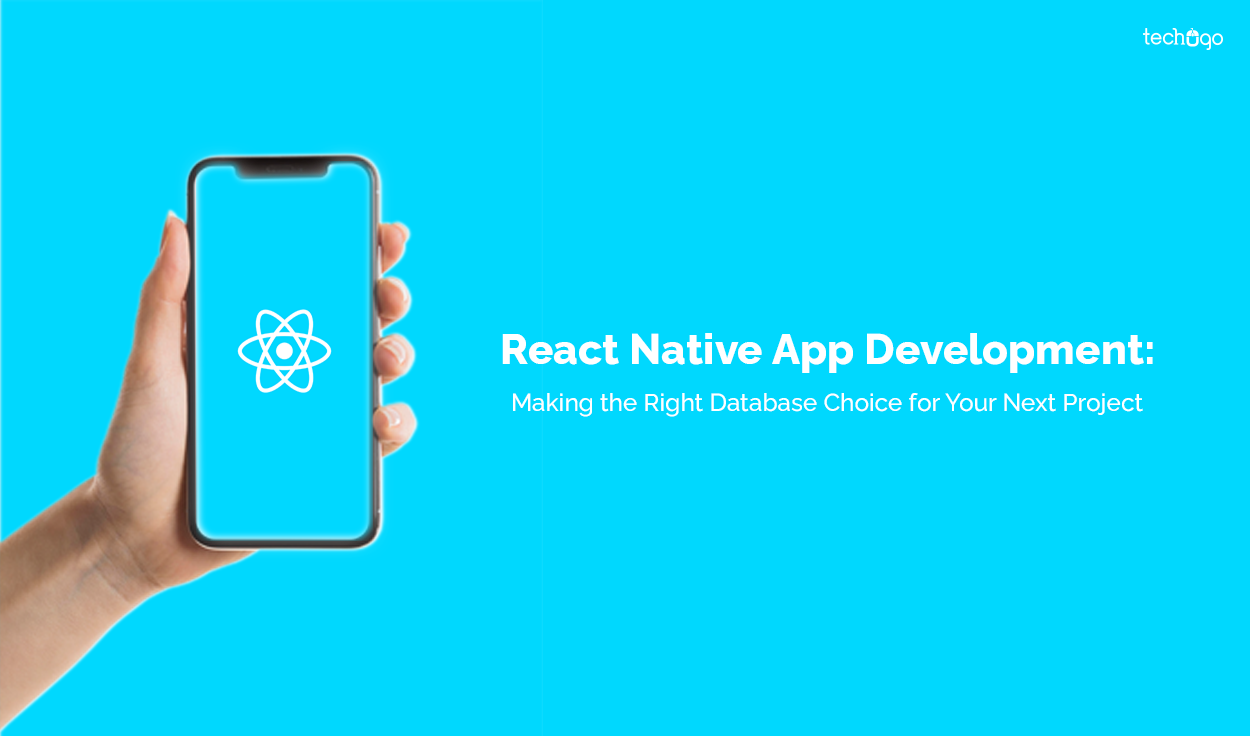As cross-platform apps are getting popular among several businesses, React Native is the perfect technology to invest in. No wonder React Native has become an ideal choice for mobile application developers across the world. The most significant advantage of using it is its high-performance and speedy way of developing an app.
React Native has emerged as the most demanded app development solution for startups and small businesses. One of the top React Native app development companies leverages it to create top-notch mobile applications. But when it comes to creating a robust app, it requires having the right tech stack that includes the database.
While many business owners get the trendiest tech stack, some might miss the database for their React Native app development. Thus having apt knowledge about databases is vital. To do so, you can either contact a mobile app development company or read the information explained below.
Some Top Databases for React Native App Development
While developing a React Native application for your business, many people lag in choosing the best database. Framework and programming languages are something that everyone knows. But considering the database as per your application requirement is crucial. So, if you want to make a difference through your app, you must take a look at the given best databases for React Native app development.
SQLite
When the talk starts about developing a React Native app, it is rare to miss the topic of the database. And with this, the name SQLite comes into the spotlight. SQLite offers the capacity to create a local storage database for applications. Also, ‘Lite’ indicates that it is lightweight and needs a minimal setup. However, it delivers significant results; sometimes, its performance is arguable. Also, with free source code, SQLite gives another reason to use it for your next React Native app development project.
Benefits
- Stores data in the cross-platform database file
- Performs almost all SQL standards as it is ACID compliant
PouchDB
It is an open-source JavaScript database that maintains JSON format. Also, it allows the development of React Native apps that can work offline and online without hassle. The significant feature of this database is it will enable you to store data locally while offline. And once the app is online, it syncs the data with compatible servers and CouchDB. Above all, it keeps the user data synchronized irrespective of location.
Many React Native app development companies use this database because of its in-build authentication system that protects data. It uses the PBKDF2 algorithm to save passwords, securing encoded keys from attacks.
Benefits
- Supports SSL, which means easy encode data with AES256
- Integrates data with any supported server
- It can imitate data efficiently
Firebase
It is a database with NoSQL and is owned by Google. For all the mobile applications providing data synchronization and offline data updating, Firebase is the name that you need to hear. This database can handle MVC-based mobile applications with high data needs.
Another advantage of using Firebase is its performance tracking feature that lets you evaluate bugs in your application. In addition, it allows you to remove complete data from the Google server whenever you want.
Benefits
- Integrates data across different platforms
- Integrates Firebase into any app effortlessly
- Stores data on devices to offer online access to users
WatermelonDB
When you have a requirement to enhance React Native database, WatermelonDB will help you to do so. Built on top of SQLite, this database promises excellent performance. It can scale tons of data swiftly and handles data persistence on low-end devices. Furthermore, if your app involves highly cached and multithreaded functions, WatermelonDB can help make the task easy.
Benefits
- Static typing with flow
- Offline-first system by integrating your engine
- Simple data plugging into components
Final Words!
After going through the above database, you must be aware that the clear approach you have, the better app you get. For this, you should create a list of things and requirements for your React Native application. Since many people don’t know much about databases, they choose any database regardless of the functionalities and business needs. As your app’s success relies on the database used for app development, make a wise choice.
In case you don’t acquire enough expertise, contacting a top mobile app development company would be the best decision. While you get all information about the development, you hand over your project in safe hands. Furthermore, an experienced app development company knows what suits what. Thus, hire a team of dedicated professionals who can turn your dream into a React Native mobile app.




